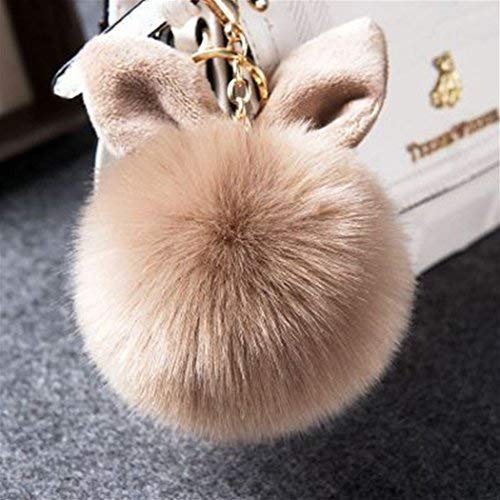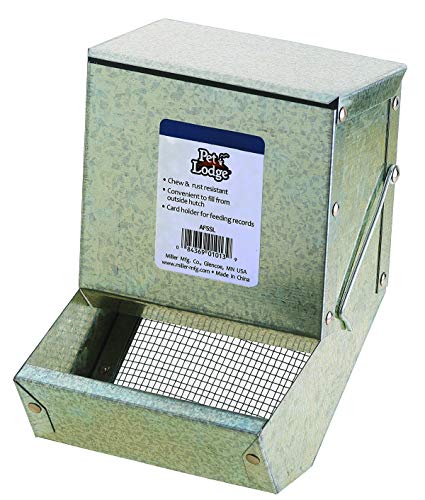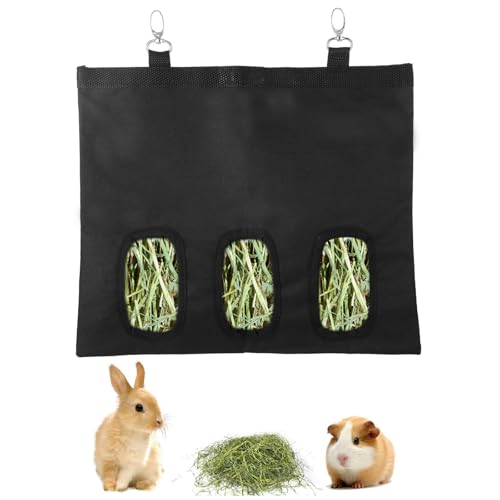That may not necessarily be cross-contamination from the chickens per se. To be sure, it would be necessary to identify the type of coccidia, as there are many (and they do seem to be host-species-specific). Instead, it may have been simply a hygiene issue, as coccidiosis often is.
I usually pasture my meat rabbit growouts during the summer in a "rabbit tractor." (My rabbits and chickens are each in their own yards, n'er the twain to meet.) It is a fantastic approach until it starts raining incessantly in late summer/early fall, known not-so-affectionately here as monsoon season. What I found was that when it became difficult to find clean, dry areas to move the tractors, the rabbits would all come down with hepatic coccidiosis. Now I just pull the rabbits up off the ground when it starts to rain. I haven't had a problem with coccidiosis since.








![FHQHTH Faux Rabbit Fur Purse Fuzzy Handbags for Women Evening Handbags Al alloy Shoulder Strap [Rabbit Red]](https://m.media-amazon.com/images/I/41l5Hd2qrhL._SL500_.jpg)























